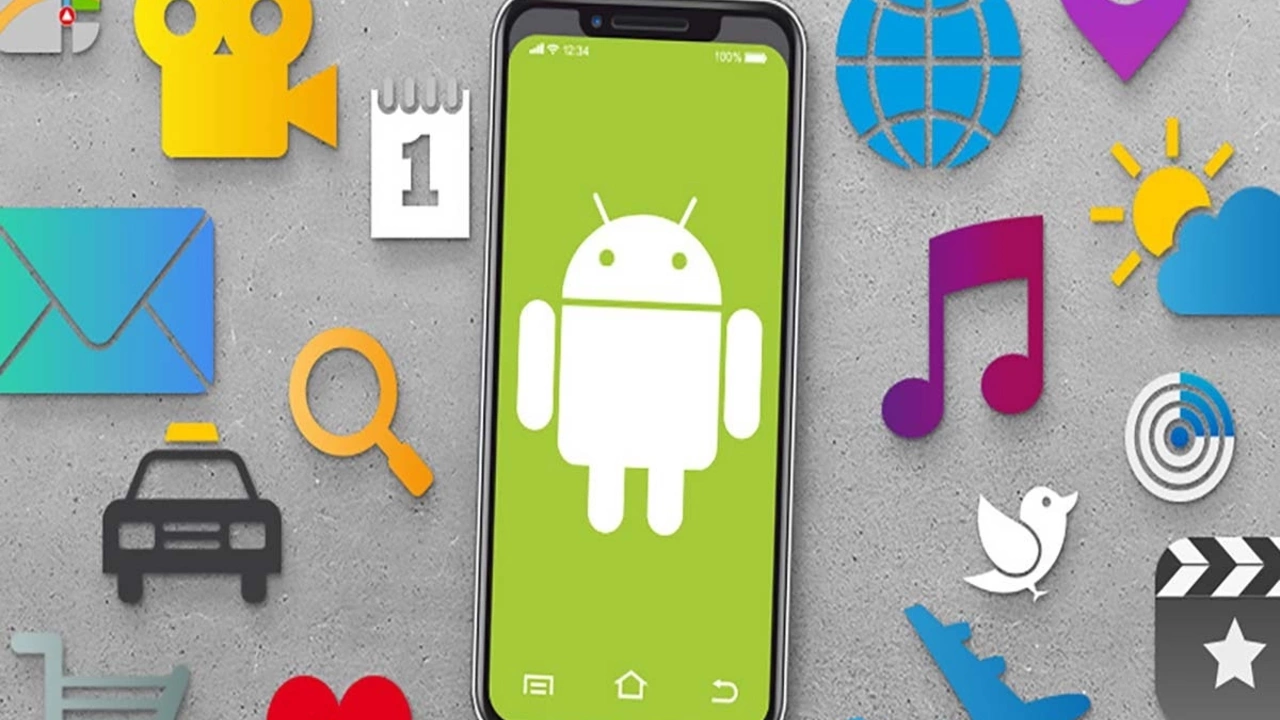Dictionary Apps: Quick Word Lookup on the Go
Ever get stuck on a word while texting, reading, or studying? A good dictionary app can solve that in seconds. You don’t need a bulky book or a web search – just tap a few icons and the meaning pops up. Let’s break down why a dictionary app belongs in your phone, what to look for, and which ones actually work.
Why Use a Dictionary App?
Speed is the biggest win. When a term appears, you can grab the definition without leaving the app you’re in. Most apps also give you examples, synonyms, and pronunciation, so you get the whole picture in one place. Offline support is another game‑changer – travel on a train or go somewhere with spotty data and the app still works. Plus, many apps let you save favorite words, create flashcards, or even test yourself with quizzes. All of that adds up to better vocabulary without the hassle.
Top Features to Look For
Offline dictionary. If the app needs the internet for every lookup, you’ll be back at square one when you lose signal. Download the database once and you’re set.
Pronunciation audio. Hearing the word helps you say it right, especially for non‑native speakers.
Example sentences. Seeing how a word fits into a sentence clears up confusion faster than a plain definition.
Synonyms and antonyms. Great for writing better emails, essays, or social posts.
Word‑of‑the‑day and quizzes. These keep you learning without extra effort.
Once you know what you need, the choice gets easier. Here are a few apps that consistently rank high among users.
1. Merriam‑Webster. Strong offline database, clear audio, and a fun word‑of‑the‑day feature. The UI is clean and easy to navigate.
2. Oxford Dictionary of English. Offers comprehensive definitions, idioms, and British vs. American spelling notes. Good for students and professionals.
3. Dictionary.com. Packs synonyms, translations, and a quick‑search widget that works from the home screen.
4. Google Translate (dictionary mode). Not a traditional dictionary, but the instant translate and pronunciation work well for quick checks.
All these apps let you bookmark words, add notes, or export lists, so you can review later. If you’re looking for a free option, Dictionary.com and Google’s built‑in tool are solid. For power users who need deep etymology or language history, the paid versions of Merriam‑Webster or Oxford are worth the price.
Finally, set up your app the way you like. Turn on dark mode for night study, enable push notifications for a daily word, or sync your saved list to the cloud so you never lose it. A well‑tuned dictionary app becomes a personal language coach that fits in your pocket.
So next time you stumble on a word, skip the Google search and open your dictionary app. You’ll get the answer faster, learn a bit more, and keep your conversation flowing without hesitation.
